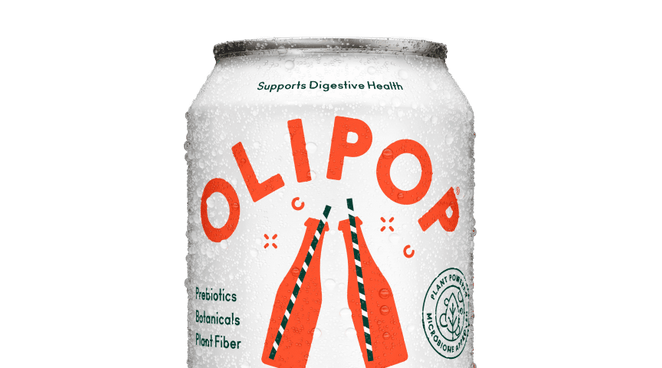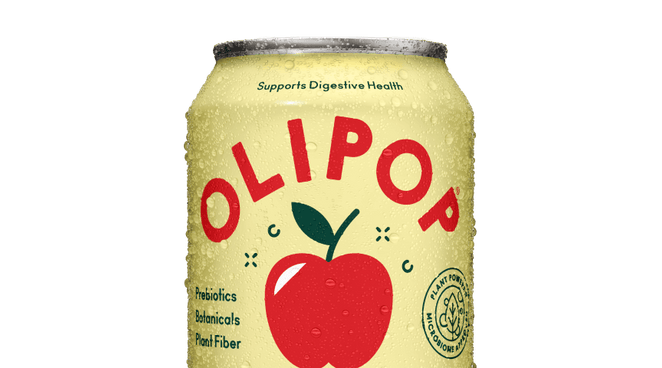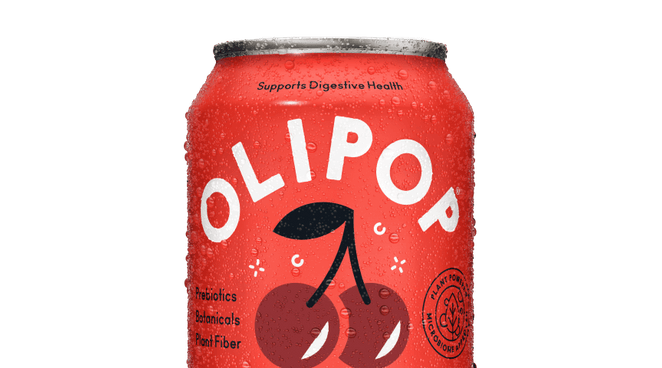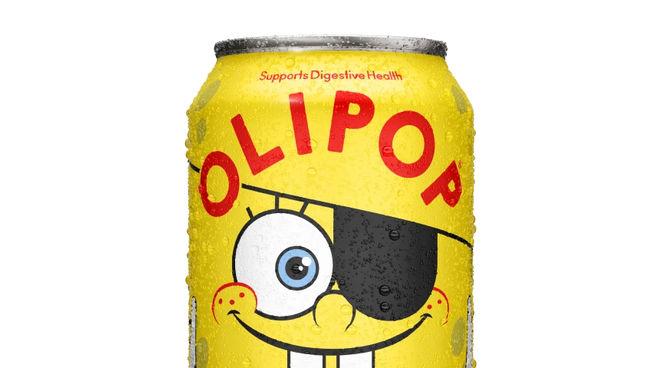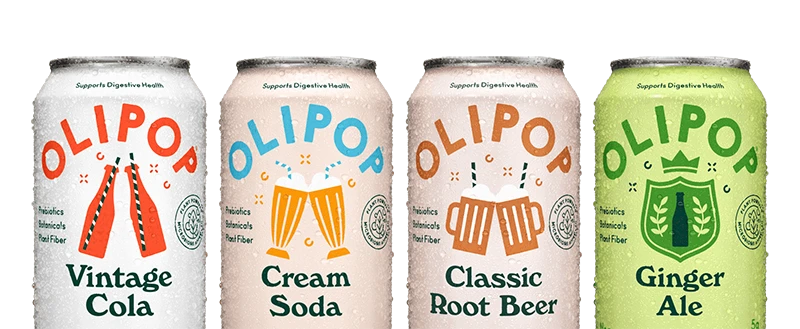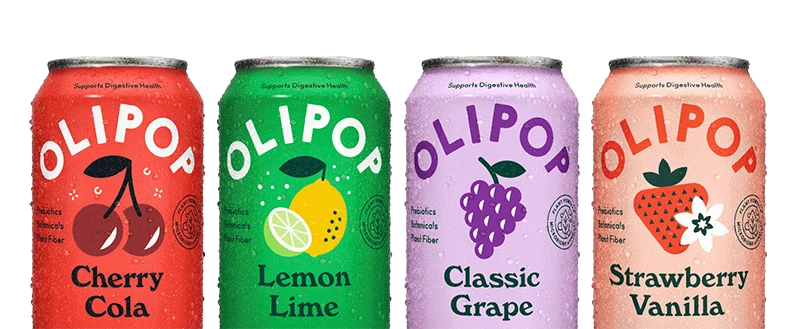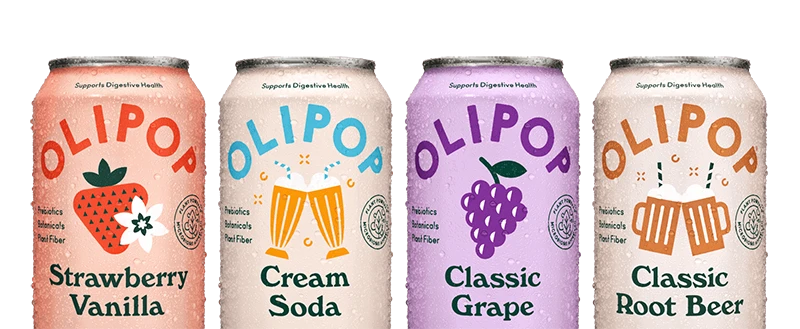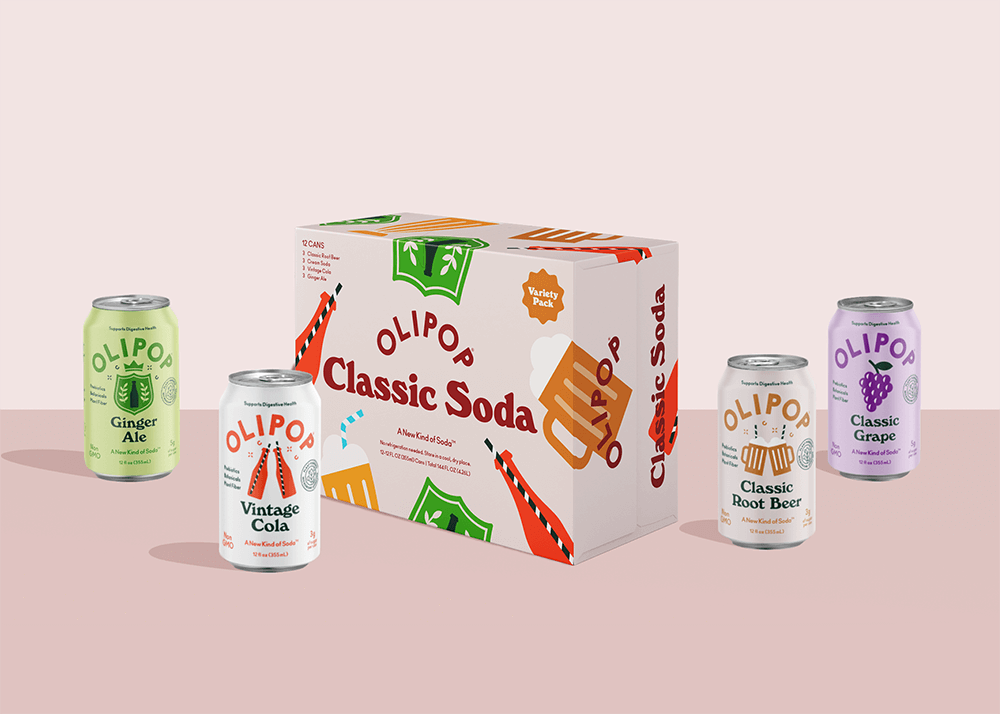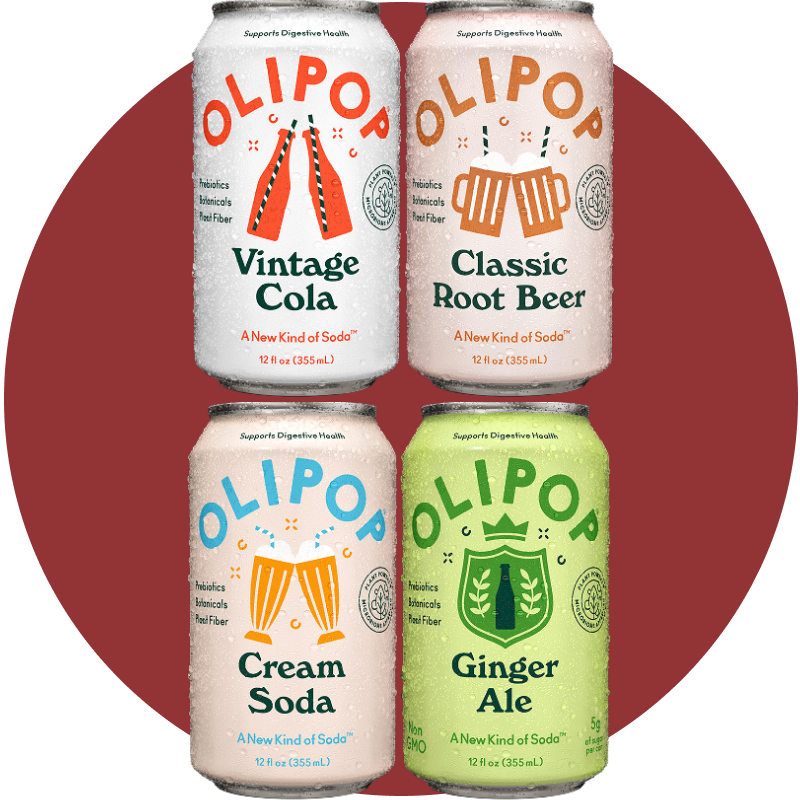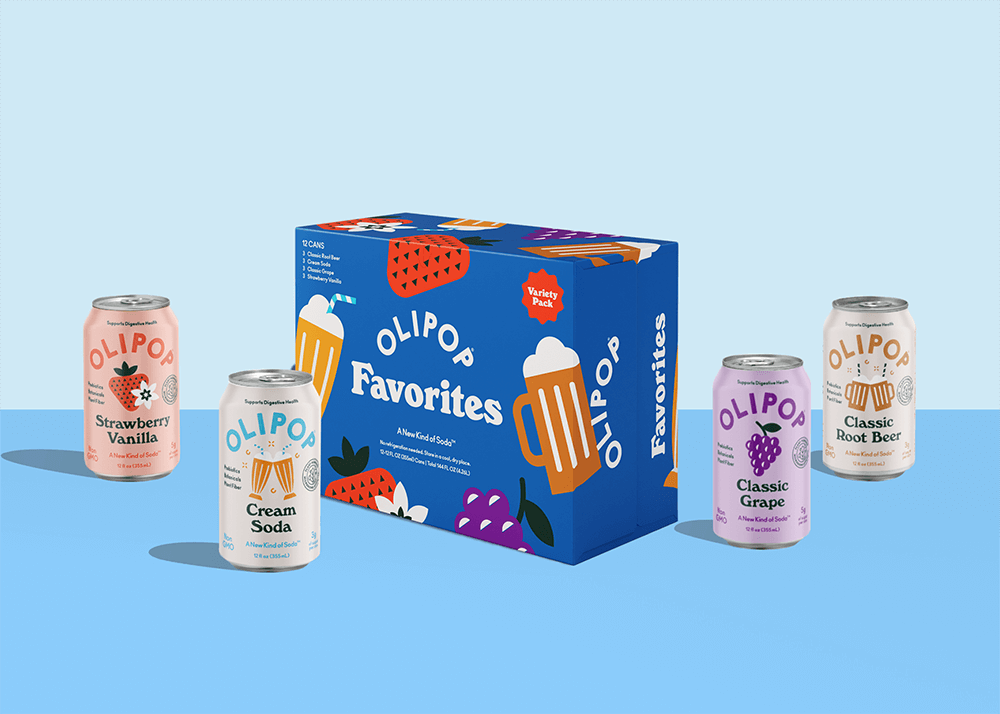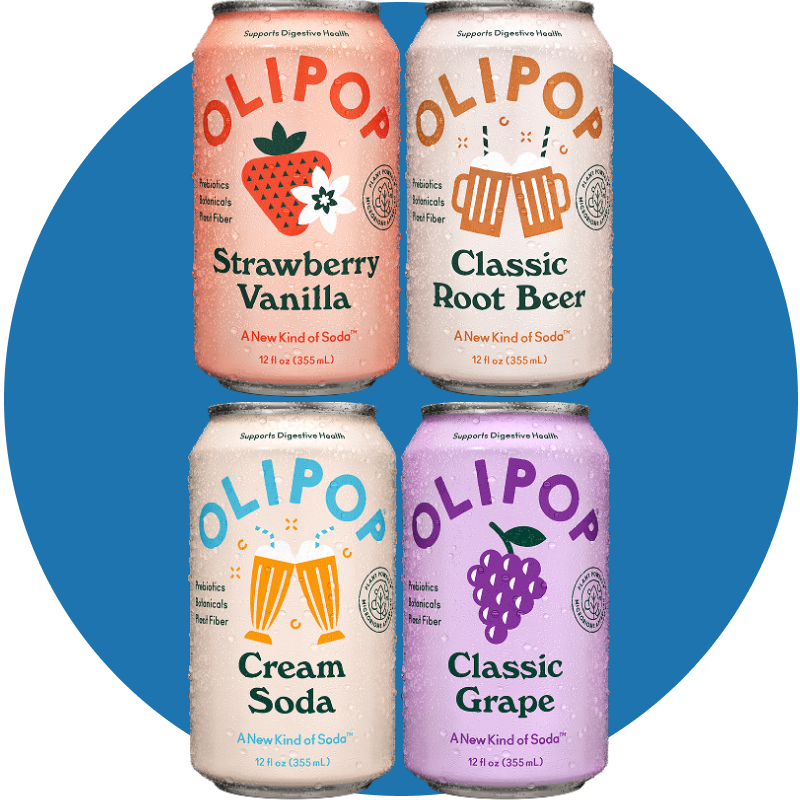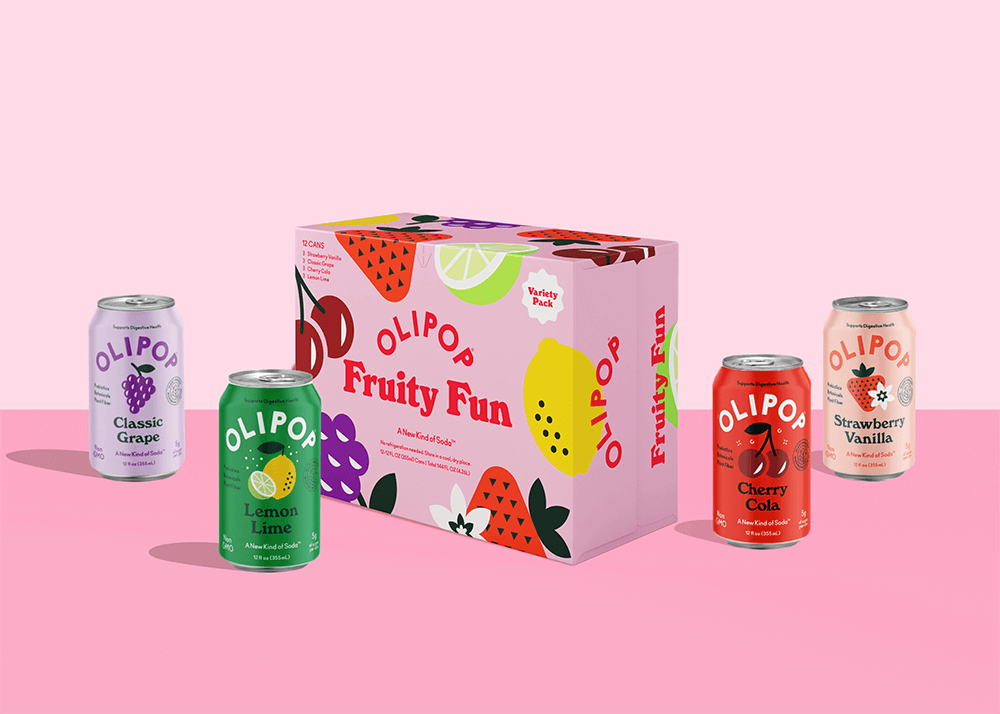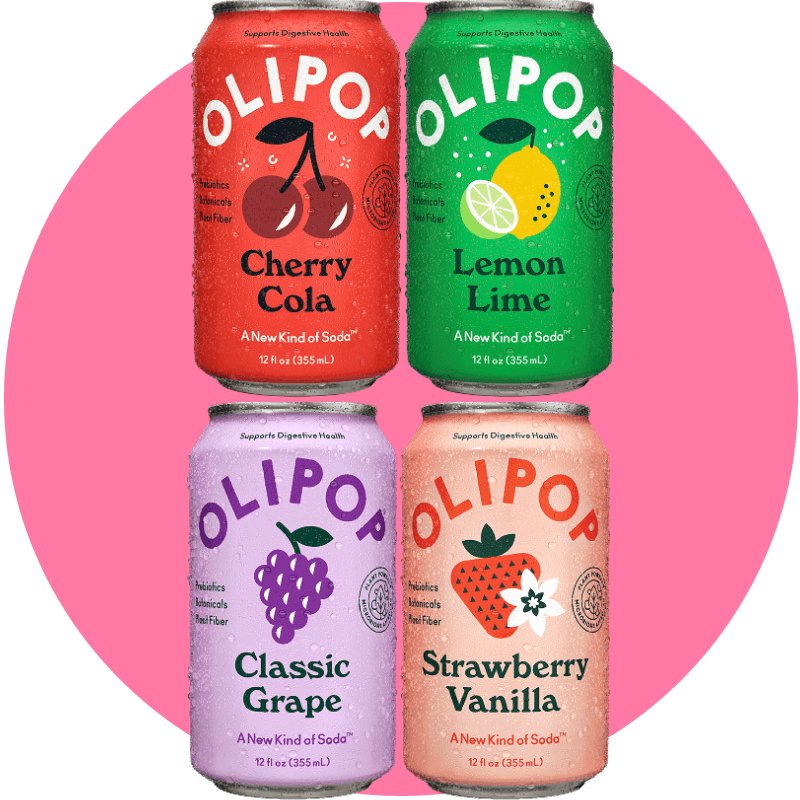Chances are, we're not the first people to tell you that traditional soda isn't a nutritious choice. Soda and other sugar-sweetened beverages, such as energy drinks, are among the least nutritious products because they provide a high number of calories and virtually no nutrients.1
Want the health facts on sugar in soda? You've come to the right place. In this blog, we're focusing on the health effects of the high amount of sugar found in popular carbonated beverages.
How Much Sugar Is in a Can of Soda?
First things first, how much sugar are we talking about here? Well, the American Heart Association (AHA), recommends that women consume no more than 25 grams of sugar per day and men no more than 36 grams.2
Some soda brands have over 40 grams of sugar in one can. Meaning by consuming one twelve-ounce can of soda, both men and women exceed their suggested amount of sugar per day.
And that's just with one can of soda! That doesn't include all the natural sugar sources, like fruit, that you might be eating throughout the day. This is why when it comes to health, sugary soda has a not-so-sweet reputation.
Naturally Occurring Sugar vs. Added Sugar
But wait, what's the difference between the sugar in your soda vs. the sugar in your fruit? Sugar is sugar whether it comes from an apple or your soda. But there is a difference between natural sugar sources and added sugar. Let's dive into it:
Naturally Occurring Sugar
Sugar naturally occurs in all foods that contain carbohydrates, like fruits, vegetables, grains, and dairy. But there's less cause for concern with natural vs. added sugars.
Why's that? That's because naturally occurring sugars often come with other healthy ingredients, such as fiber, antioxidants, and minerals. They might also have fat, fiber, and/or protein.
The addition of all these healthy nutrients helps slow down your body's digestion of these natural and whole foods. This allows for the sugar in these food sources to provide an ongoing supply of energy to your cells vs. an all-at-once sugar rush.3
Added Sugar
The sugar in soda, on the other hand, is added sugar. These are sugars added to products to increase the flavor and/or extend shelf life. Consuming added sugar in excess has a variety of well-documented health impacts, such as obesity and diabetes.3
Plus, many products high in added sugars don't have many (or any) of the nutritious elements you'll find in naturally occurring sugar sources. Take a look at the back label of some of the leading soda brands. We're going to guess that there are no fiber in there (unless you're drinking OLIPOP of course!).
When you eat fruit, like an apple, you ingest a large amount of sugar alongside fiber and other nutrients. The combination of fiber with sugar slows the release of sugar into the bloodstream, preventing a sudden spike.3
Additionally, the lack of fiber means that soda leaves you feeling unsatisfied.3 Research indicates that soda drinkers do not feel as satisfied as non-soda drinkers when eating the same amount of calories from solid food. This means that soda drinkers are more likely to consume more calories than they need. This can have negative consequences for your health.1
How to Cut Back on Sugary Soda
Sugar-sweetened beverages, like soda, are the greatest contributor of calories and added sugar to the U.S. diet.1 Cutting out sugary soda is an easy way to take one step toward removing some added sugar in your diet and combating the harm added sugar causes.
Luckily, with drinks like OLIPOP that feature 2–5g of sugar per can, it’s easy to do. With the flavor and fizz of regular soda, OLIPOP is a deliciously new kind of soda that combines the benefits of prebiotics and fiber to support your microbiome and digestive health.
Sources
- “Sugary Drinks,” The Nutrition Source, September 4, 2013, https://www.hsph.harvard.edu/nutritionsource/healthy-drinks/sugary-drinks/.
- “Added Sugars,” www.heart.org, accessed May 11, 2021, https://www.heart.org/en/healthy-living/healthy-eating/eat-smart/sugar/added-sugars.
- Harvard Health Publishing, “The Sweet Danger of Sugar,” Harvard Health, accessed May 8, 2021, https://www.health.harvard.edu/heart-health/the-sweet-danger-of-sugar.
- Traditional soda and other sugary drinks, like energy drinks, provide so many calories and virtually no other nutrients.
- The Centers for Disease Control recognize excessive sugary soda consumption as associated with a long, unpleasant list of health problems.
- Some sodas contain added sugar, which is sugar added to products to increase flavor and or extend shelf life. Unlike naturally occurring sugars, products high in added sugars tend to contain little to no nutrition.

